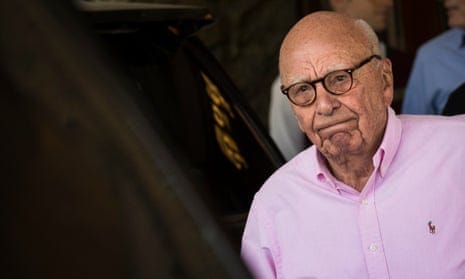As long as we’re breathing and our neurons are still firing in recognizable patterns, we’re probably making decisions. Some small, some large, some deceptively small until they surprise us and become huge. Whether the choices concern things like our health, finances, who we support politically, travel, or whether to work on repairing relationships, they each carry perceived costs and perceived benefits.
Perceiving anything draws forth the sum total of our personal filters - those through which we’ve learned everything and those through which we now see everything. How accurately we perceive things depends on the net effect of thousands of hours of indoctrination - much of which is agenda driven by those who could not care less about our welfare.
Internet algorithms and confirmation bias via social media are prime examples of why our echo chambers become so fortified. And then there was the Fox News hierarchy recently admitting under oath that they knowingly lied to their viewers about bogus 2020 election fraud claims. Their acknowledged rationale was to halt the flood of their retreating viewers. A most classic example of profit driven misinformation that clouds any relevant decision making.

Indoctrination is so insidious and comes from such a wide range of sources. Parents on the one end of the spectrum, ideally want only good for us and will sacrifice tremendously on our behalf.
On the opposite end of the indoctrination spectrum, are those who work tirelessly to exploit our naivety, seeking only to concentrate their own wealth and power. The most notorious of these are brilliant strategists and masters of manipulation.
In between the two ends of the spectrum described above, are the countless individuals who help us make choices with mixed motives that are all over the map. So, user beware!
But, among those people are special friends, neighbors, and relatives who actually “get us,” and truly care about our welfare. They know us better than most, and will contribute their two cents based more on what they know about us, than what they know about themselves.
And then most fundamentally, as we consider the perceived costs or benefits of making any decision, it’s crucial to separate the emotions and feelings from facts. All are important but they each have their place.
Where the Tire Meets the Road . . . or to Fly Like an Eagle
Let’s imagine that you’re deathly afraid of flying. On a practical level I would ask - are you nervous about driving your car 65 m.p.h. on a simple two lane highway? Probably not. How about with cars going the opposite direction and missing you by only five feet? Are you fazed by statistics from the National Safety Council that indicate from 2010 to 2020, the chances of your dying per 100 million miles traveled by car are 1,623 times greater than if you traveled that same distance by “scheduled airline?” Probably not. NSC data on transportation fatalities.
So what’s going on here? Could it be that emotionally laden factors, indoctrination or misinformation have over-powered common sense? Children to my knowledge don’t have an inherent fear of flying - that’s a grown up thing. Imagine grabbing a five year old son or daughter by both hands in your back yard some bright spring day. As you start spinning them around faster and faster, you don’t see fear. You see teeth and the most beautiful of smiles.
Nothing I say is likely to lessen your apprehension about taking flight. However, digging deeply to unravel why you in particular have such an irrational fear might lighten your spirits. It is a personal thing, and my hunch is that you’re the person most likely to solve the puzzle.
The processes by which we solve problems and make choices are unique to us and are the sum total of all of our experiences. As we internalize the fact that this concept applies to every single person that we encounter, we might be slower to judge why so many folk just seem so different.



It’s inevitable that most of our decisions will spring forth from unconscious patterns of thinking developed over many years. The purpose of contemplative prayer (or meditation) is to alter the unconscious to be more in tune with truth. At age seventy I am a beginner, but at least I am a beginner on the right road!
I hope, Mark, that you will be collecting your essays for publication as a book.
Also, isn't that you in the photo with your children?